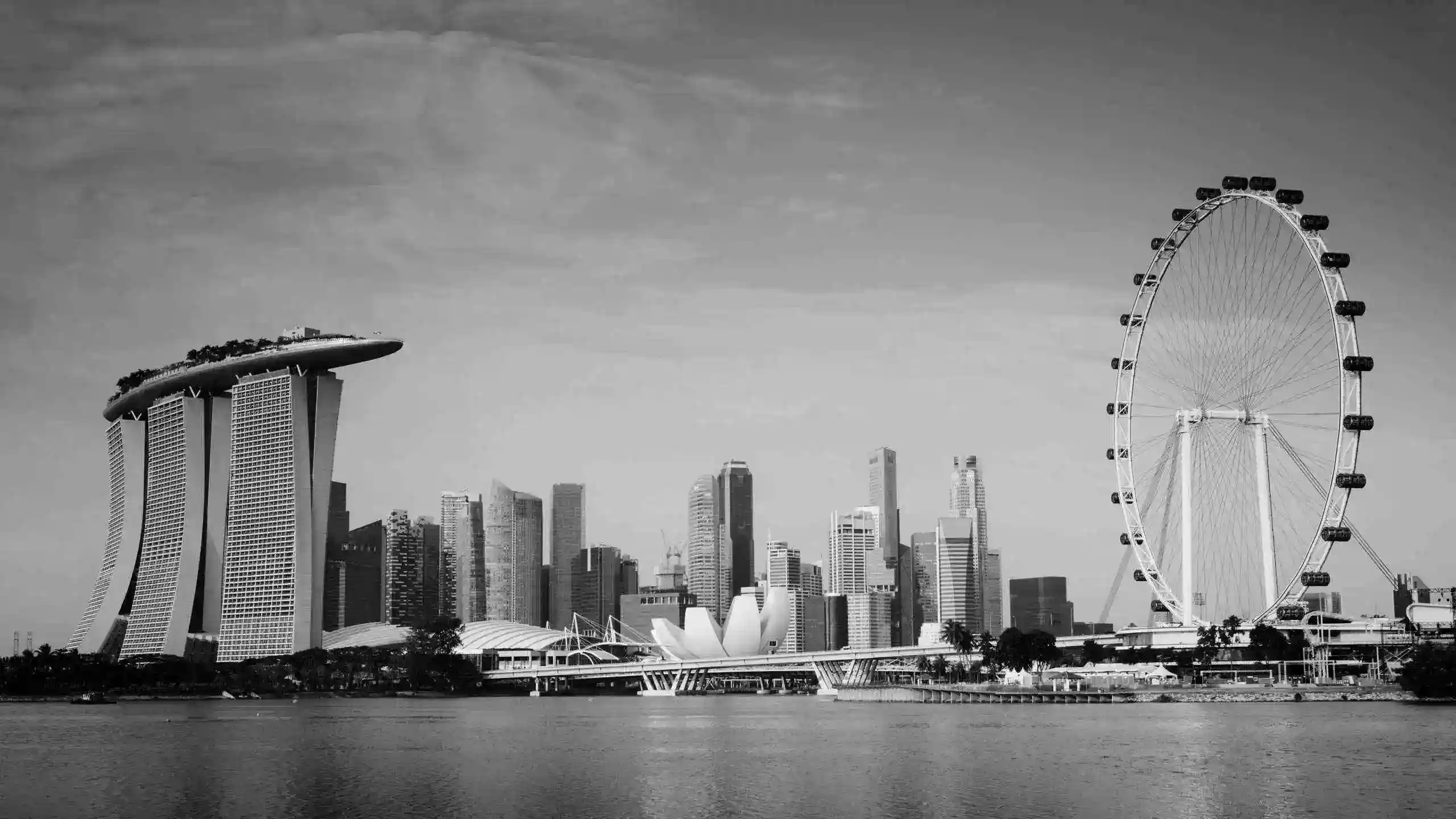Sole Proprietorship in Singapore
A Singapore Sole-Proprietorship is a business owned by one person or one Singapore-registered company. It is the simplest form of business structure in Singapore that meets the statutory requirement to register all profiteering activities carried out on a continuous basis.
Legal Status of a sole-proprietorship
A sole-proprietorship does not constitute a separate legal entity and therefore is not distinct from the owner/proprietor. The owner is personally liable for all liabilities incurred during the course of business and must sue or be sued in their own own name.
Taxation of a sole-proprietorship
A sole-proprietorship, though a tax resident, is not considered as a company entity; therefore its profit is taxed at the owner’s personal income tax rates. Singapore’s personal income tax rates for resident tax payers are progressive from 0% to a maximum of 22% % for income in excess of SGD320,000. The maximum corporate tax rate in Singapore is 17%.
Generally sole-proprietors registered with the Accounting and Corporate Regulatory Authority of Singapore (ACRA) are self-employed. A person is considered self-employed when they earn a living by carrying a trade, business, profession or vocation. All self-employed persons must report the income earned from their business operations as business income, not salary, which forms part of their total personal income.
Formation of a sole-proprietorship
An individual proprietor must be at least 18 years old and either a citizen or Permanent Resident of Singapore or a Singapore EntrePass holder. Where an individual proprietor is a foreigner or does not reside in Singapore, they must appoint at least one authorised representative who is at least 18 years of age, of full legal capacity and ordinarily resident in Singapore.
Registration requirements for a sole-proprietorship
A sole-proprietorship must be registered with ACRA. Before a self-employed person can register a sole-proprietorship, become the owner of an existing business name or renew a business registration, they must top up their Medisave account with the Central Provident Fund (CPF) Board.
The registration process in Singapore comprises name reservation and registration of the entity.
The following information and/or documentation will be required:
Following registration, any changes to the particulars of the sole-proprietorship must be lodged with the Registrar within 14 days of the date of change. A registration is valid for one year from the date of registration and needs to be renewed annually.
It is an offence to carry on the business after the lapse of validity of registration or after the registrar has cancelled the registration.
Formalities for a sole-proprietorship
Under the law, business owners have to prepare statemenst of accounts so that their business income and expenses can be readily determined. A sole-proprietorship is exempted from annual audit and is not required to file annual financial statements with ACRA.
The owner must file an annual income return that includes the revenue and profits of the sole proprietorship with IRAS.
It is mandatory to keep records and accounts for a minimum period of five years.
There is no statutory requirement for general meetings, directors, company secretary, share allotments, etc.
A sole-proprietorship must ensure that its invoices and official correspondence bear the statement that it is registered as a sole-proprietorship, together with its name and registration number.
Continuity and transferability
A sole-proprietorship will cease to exist with the death or disqualification of the owner.
Closing the Business
Any changes must be submitted either by the owner or authorised representative by filing a Notice of Cessation of Business Registration; or by the Registrar if the registration has expired and has not been renewed.
Explore Corporate Services in Singapore
Please contact us if you have any questions or queries and your local representative will be in touch with you as soon as possible.


